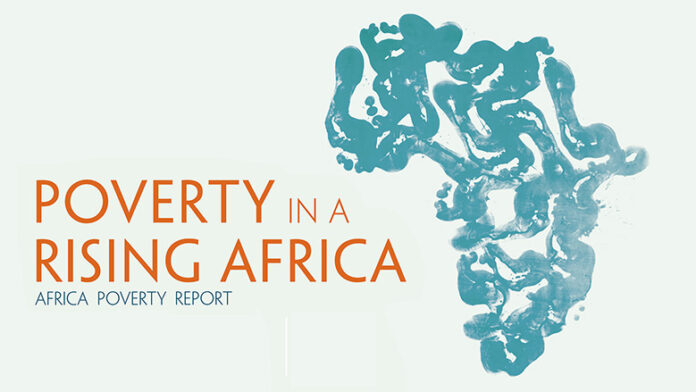Identifying that African countries owe at least $696 billion external debts, the African Union is launching a debt status data bank on its member states, taking the first step to monitor and advise on possible distress.
The decision announced on Friday in Addis Ababa will help member states improve on their fiscal governance as the continental body pursues development programmes among members.
Albert Muchanga, the Zambian diplomat and current AU commissioner for Economic Development, Trade, Tourism, Industry and Mineral, told a news conference that the AU wants to have adequate data on fiscal situations as an early warning system.
“It is going to be a debt observatory to enable us monitor the debt situations. We intend to have real-time data with respect to debt management around the countries of Africa,” Muchanga said without specifying timelines.
Once launched, it would become the first such move by the continental body that has traditional focused on political instability, but has been changing to pursue development.
African countries owe at least $696 billion to external creditors in their bid to build infrastructure, finance crucial social programmes and deal with budgetary deficits.
But some countries like Zambia have been struggling with repayment. Zambian Finance Minister Situmbeko Musokotwane told the news conference that his country needs a proper repayment arrangement to avoid defaulting.
The Zambian government owes $17 billion in external debt, with about $6 billion owed to China. The majority of the Chinese loans were acquired during the reign of Edgar Lungu. In 2020, Zambia became the first African country to default on debt in the Covid-19 era.
The government of President Hakainde Hichilema has been working with creditors such as China and Eurobond holders to restructure their debts.
On Friday, the AU and the African Development Bank discussed inclusive growth for African economies, and the question of debt, hunger and poverty featured.
Prof Kevin Urama, AfDB’s acting chief economist, said debt is not in itself bad but noted that Africa had taken on “bad debts.”
“If you look at the quantity of debt on the continent, compared to the quantity of debt in other countries, Africa is not really heavily indebted. The real problem is the bad debts,” he said.
The bank and its partners have recently launched a programme to improve food productivity on the continent. And Prof Urama said there will be continuous training on fiscal management as the AU pursues to improve value-addition on agricultural processing.
“Africa owns 65 percent of the world’s arable land. That tells you that Africa should be the food basket of the world, not a net importer of food,” he said.
AfDB recently raised $1.5 billion for agricultural interventions, targeting African farmers with quality seed and fertiliser.




